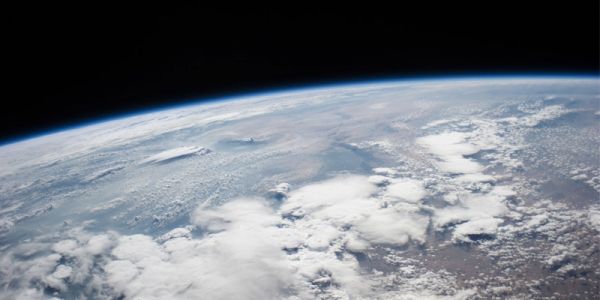The Leeds study, published in the journal Science, not only shines a light on the history of oxygen on our planet, it gives new insight into the prevalence of oxygenated worlds other than our own.
The early Earth had no oxygen in its atmosphere, or oceans, until roughly 2.4 billion years ago when the first of three major oxygenation events occurred. The reasons for these "stepwise" increases of oxygen on Earth have been the subject of ongoing scientific debate.
In a new study, Leeds researchers modified a well-established conceptual model of marine biogeochemistry so that it could be run across the whole of Earth history, and found that it produced the three oxygenation events all by itself.
Their findings suggest that beyond early photosynthetic microbes and the initiation of plate tectonics – both of which were established by around three billion years ago – it was simply a matter of time before oxygen would reach the necessary level to support complex life.
Continue reading at University of Leeds
Image via University of Leeds


